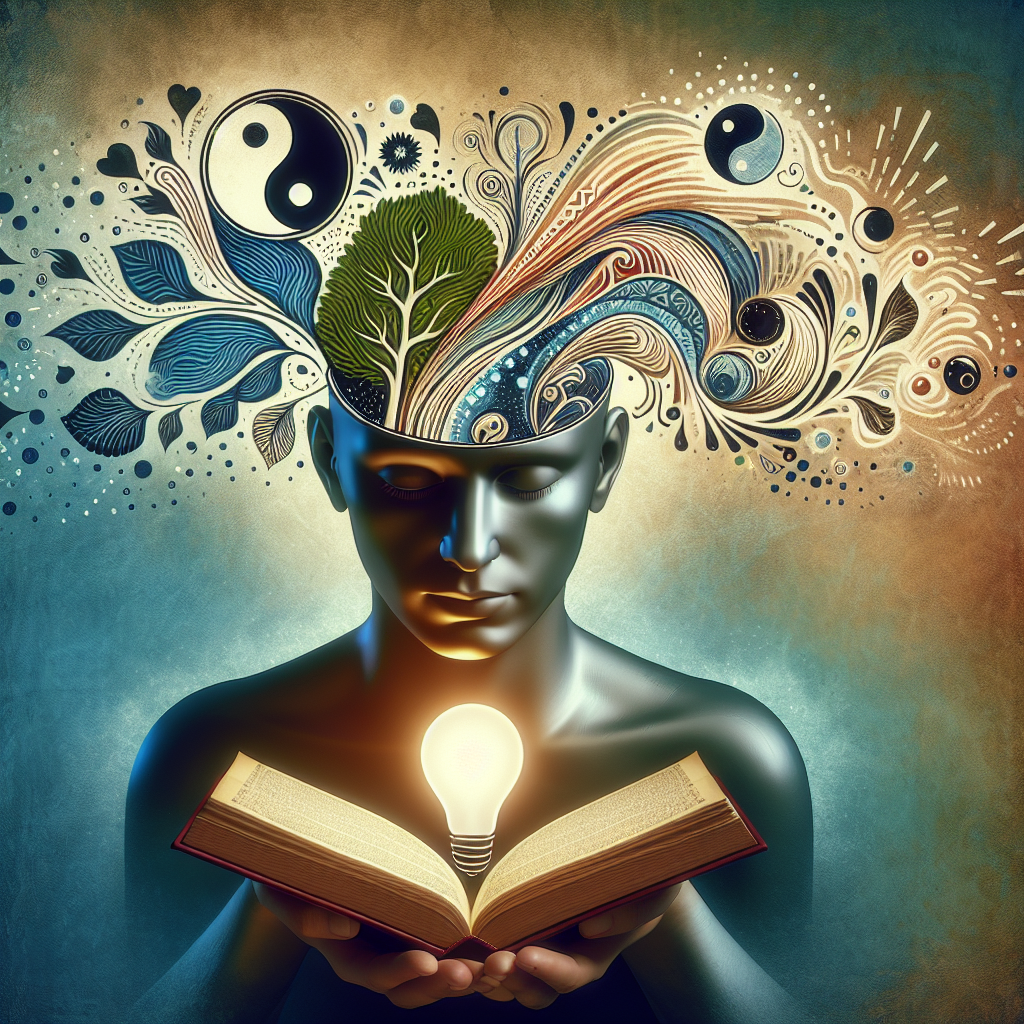Self-awareness is key to understanding our emotions and reactions. It allows us to acknowledge our thoughts and feelings, as well as the impact they have on our behavior and interactions with others. By developing self-awareness, we can better manage our emotions and reactions, leading to improved relationships and overall well-being.
In this article, we will explore 10 self-awareness exercises that can help you better understand your emotions and reactions.
1. Keep a journal: One of the most effective ways to become more self-aware is to keep a journal. Write down your thoughts and feelings throughout the day, as well as any triggers that may have caused certain emotions or reactions. By reflecting on your journal entries, you can gain insight into your patterns of behavior and better understand why you react the way you do in certain situations.
2. Practice mindfulness: Mindfulness is the practice of being present in the moment and observing your thoughts and feelings without judgment. By practicing mindfulness, you can become more aware of your emotions as they arise, allowing you to respond to them in a more constructive way.
3. Identify your triggers: Take note of situations or people that trigger certain emotions or reactions in you. By identifying your triggers, you can better prepare yourself to manage your emotions in those situations and avoid reactive behavior.
4. Practice self-reflection: Take time each day to reflect on your thoughts, feelings, and actions. Ask yourself why you reacted a certain way in a particular situation and whether there was a better way to handle it. By engaging in self-reflection, you can gain a deeper understanding of your emotions and reactions.
5. Seek feedback from others: Ask trusted friends or family members for feedback on your behavior and how you come across to others. Others may provide valuable insights that can help you gain a better understanding of how your emotions and reactions impact those around you.
6. Take responsibility for your emotions: Instead of blaming others for your emotions and reactions, take ownership of them. Recognize that you are in control of how you respond to situations and work on developing healthier coping mechanisms.
7. Practice empathy: Empathy is the ability to understand and share the feelings of others. By practicing empathy, you can improve your emotional intelligence and better understand how your emotions and reactions may affect those around you.
8. Challenge negative thought patterns: Pay attention to negative thought patterns that may be contributing to certain emotions or reactions. Challenge these thoughts by questioning their validity and replacing them with more positive and constructive beliefs.
9. Practice self-care: Taking care of yourself physically, emotionally, and mentally is essential for developing self-awareness. Make time for activities that bring you joy and relaxation, and prioritize your well-being.
10. Seek professional help: If you are struggling to understand your emotions and reactions, consider seeking help from a therapist or counselor. A mental health professional can provide you with tools and strategies to improve your self-awareness and emotional well-being.
FAQs:
1. What are the benefits of developing self-awareness?
Developing self-awareness can lead to improved emotional intelligence, better relationships, increased self-confidence, and enhanced overall well-being. It can also help you better manage stress and make more informed decisions.
2. How can I practice self-awareness on a daily basis?
You can practice self-awareness on a daily basis by engaging in activities such as journaling, mindfulness, self-reflection, and seeking feedback from others. It is important to make self-awareness a priority and incorporate it into your daily routine.
3. How long does it take to develop self-awareness?
Developing self-awareness is a lifelong journey that requires ongoing practice and self-reflection. It is important to be patient with yourself and recognize that self-awareness is a skill that can be cultivated over time.
4. What should I do if I have difficulty understanding my emotions and reactions?
If you are struggling to understand your emotions and reactions, consider seeking help from a therapist or counselor. A mental health professional can provide you with the tools and support you need to improve your self-awareness and emotional well-being.
In conclusion, developing self-awareness is essential for understanding our emotions and reactions. By practicing self-awareness exercises and incorporating them into our daily routine, we can gain valuable insights into our thoughts and feelings, leading to improved relationships and overall well-being. Remember to be patient with yourself and seek help if needed in order to continue on your journey of self-awareness and emotional growth.





Leave A Comment